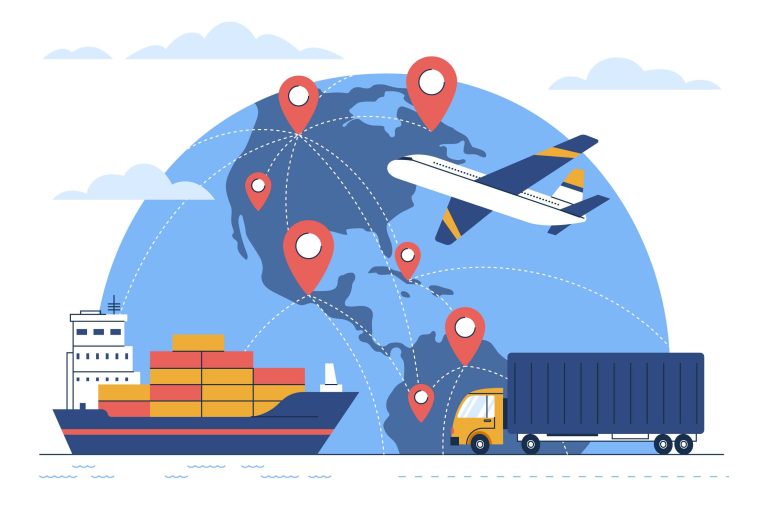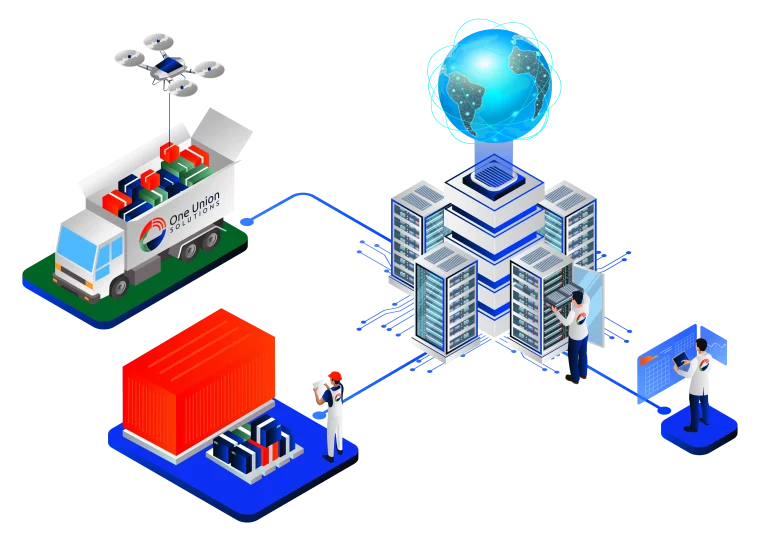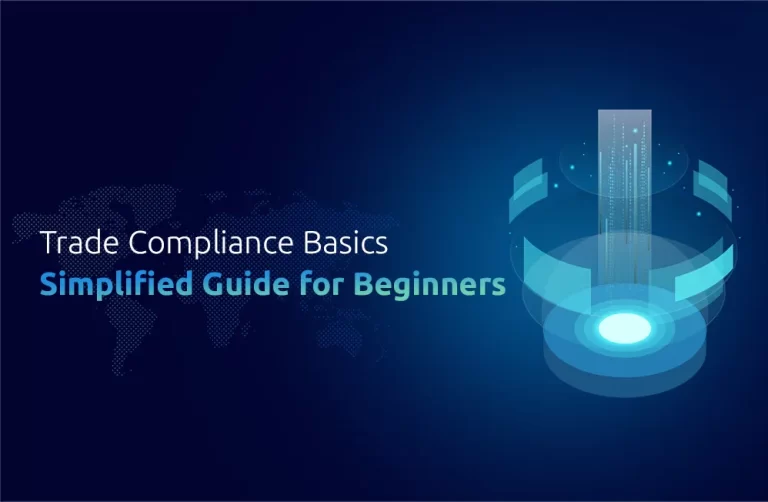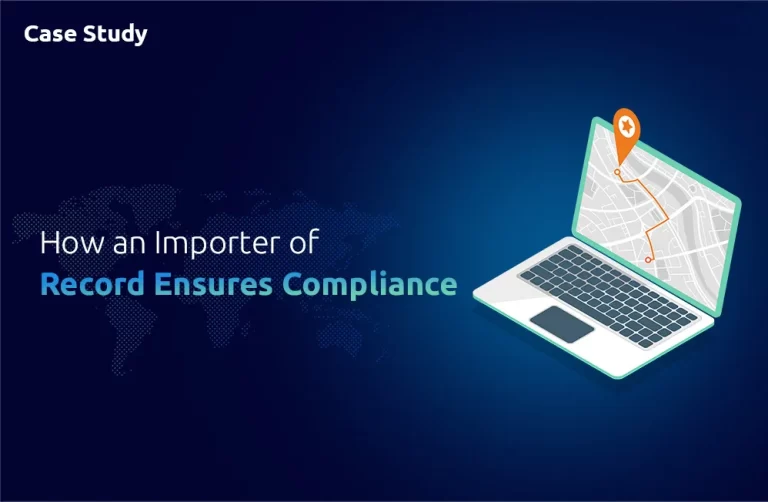Choosing the Right DDP Service Provider in the Philippines
When it comes to selecting the right DDP service provider in the Philippines, a judicious choice is paramount for seamless international trade operations. Key considerations encompass the provider’s expertise and extensive experience, localized knowledge and networks, adeptness in customs regulations, transparent pricing models, technological integration for enhanced efficiency, a well-established reputation, compliance with licensing requirements, insurance coverage options, responsive customer support, scalability, and clearly defined SLAs. One Union Solutions, a customized DDP service provider, stands out by offering DDP services across a diverse range of industries, including tech, medical, automotive, and aviation, extending its support to clients in over 170 countries worldwide, making it a robust choice for businesses seeking reliable and comprehensive DDP solutions in the Philippines.
Handling Delicate or High-Value Shipments in Tech, Medical, Automotive, and Aviation Industries
Shipping delicate or high-value equipment in industries like tech, medical, automotive, and aviation requires a meticulous approach to ensure the safety and integrity of these valuable assets. Each industry presents unique challenges and considerations:
- Tech Industry:
Delicate electronics, fragile components, and sensitive devices are common in the tech sector. To safeguard these products during transportation, specialized packaging, shock-absorbent materials, and climate-controlled containers may be necessary. Moreover, tracking and monitoring technology should be employed to provide real-time updates on the shipment’s condition.
- Medical Industry:
High-value medical equipment, devices, and pharmaceuticals demand the utmost care. Compliance with strict regulations is critical. Shipping containers must be sterile and temperature-controlled, ensuring that the products arrive in perfect condition. Stringent documentation and certifications may also be required for customs clearance.
- Automotive Industry:
Transporting high-value automotive components or luxury vehicles necessitates secure packaging and specialized handling. Securing the vehicles or parts within custom-designed crates or containers can prevent damage during transit. Additionally, tracking systems can help monitor the location and condition of these valuable assets throughout the journey.
- Aviation Industry:
In the aviation sector, the transportation of aircraft parts, engines, or avionics is commonplace. These components are often high in value and sensitivity. Proper packaging, including anti-corrosion measures, is essential. Compliance with aviation regulations and quality control standards is paramount, ensuring that the parts are airworthy upon arrival.
In all these industries, partnering with a DDP service provider like One Union Solutions experienced in handling delicate or high-value shipments is crucial. Our experts understand the specific needs and nuances of each sector, offering tailored solutions that include secure packaging, specialized transport, customs compliance, and transparent tracking. This ensures that delicate or high-value shipments reach their destinations intact, adhering to industry-specific regulations and standards.








